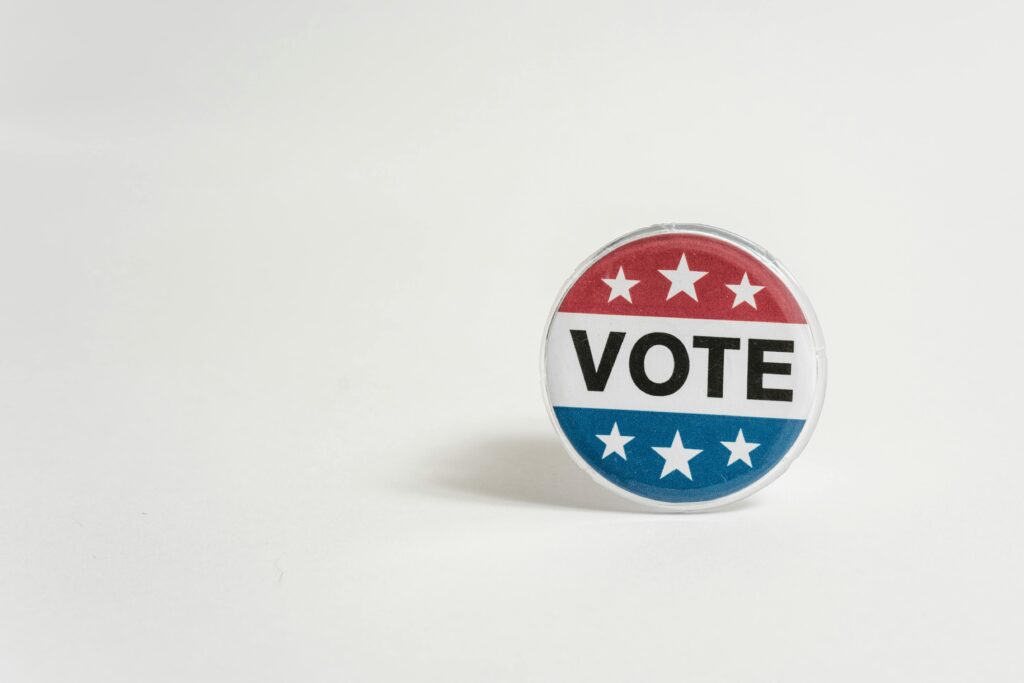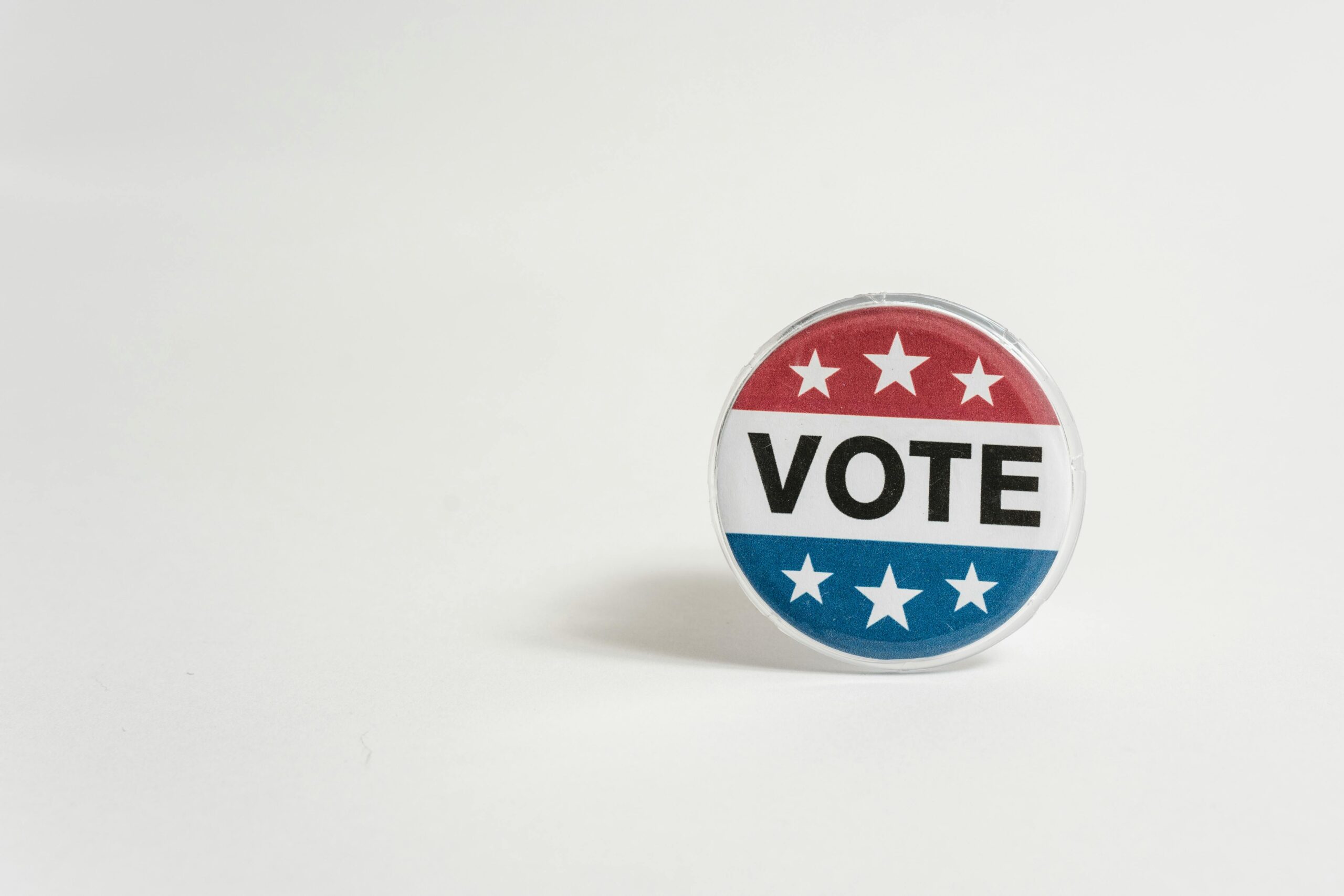
Editor’s Note: Tasqui Guayasamin’s opinion piece won third place in The Kiosk’s Fall 2024 Political Op-Ed Writing Contest.
A few years ago, I had the immense privilege of being sworn in as a U.S. citizen. It was a significant moment, preceded by months of preparation and study that helped me deeply understand the responsibility of being an active and conscious citizen. This journey was long and full of challenges, and it’s why today I feel truly fortunate, because, for the first time, I can exercise one of the most fundamental constitutional rights: voting in the presidential elections.
For many of us immigrants, this right is not only an opportunity but also a symbol of struggle and effort. Walking this path has given me a perspective that many migrants continue to live day by day. Despite the progress we have made, much remains to be done to strengthen our society and our nation, and our participation in the democratic process is a crucial tool for continuing that effort.
It’s essential to remember that in our hands lies the decision about the future we want for the coming years. By voting, we are not only choosing our representatives; we are honoring the stories of those who fought for this right, and we are taking on the responsibility to decide with awareness and reflection. According to the Pew Research Center, naturalized citizens now make up a record one in ten eligible voters in the U.S., reflecting the growing impact of immigrant communities in shaping America’s future (Pew Research Center, 2020).
This engagement is the result of years of legislative progress and struggle to secure voting rights. The Voting Rights Act of 1965 was a crucial turning point, expanding access to the ballot and ensuring that historically marginalized communities could finally have a voice. Later, the National Voter Registration Act of 1993 made voter registration more accessible, encouraging political participation for new citizens like myself and creating a pathway to a more inclusive democracy (U.S. Department of Justice, 2021).
Each vote is an act of trust. It is the expression of our belief in the candidates we select and their campaign promises. That is why, when casting our vote, it’s essential to know our history, understand the needs of our communities, and analyze the work our representatives have done. Reflecting on these milestones, I feel a deeper commitment to ensure that my vote represents the needs and aspirations of my community. After all, immigrant households held an estimated $1.3 trillion in spending power in 2019, illustrating the profound impact immigrants have on the U.S. economy and the importance of having our voices represented in elections (New American Economy, 2020).
Our vote is also a support for those who represent us to fulfill what they have promised. We have the privilege of being the voice of those who still cannot vote, and that is why we must do it with responsibility and commitment. In our hands lies the opportunity to ensure that our communities receive the rights and benefits they deserve: quality healthcare, accessible education, decent housing, safe cities, clean water, healthy and affordable food, unpolluted air, and many other rights we deserve as human beings.
In each election, we reaffirm our promise to build a fairer, more inclusive country, more committed to everyone’s well-being. So, as we approach the polls, let our vote reflect our convictions, our commitment to our communities, and our hope for a better future.





